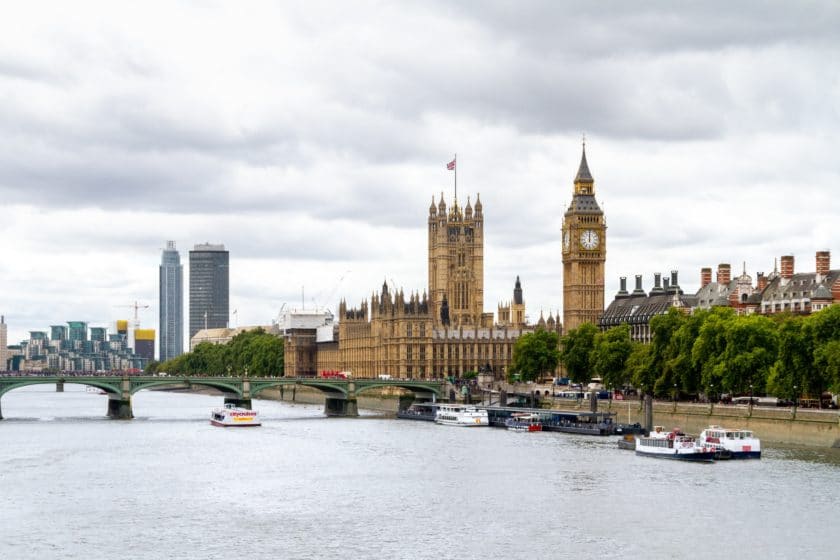National insurance will be cut by 2% from 6 January 2024, as part of a raft of tax changes unveiled in the government’s Autumn Budget on Wednesday.
Delivering his autumn statement to the House of Commons, Chancellor Jeremy Hunt said the main National Insurance rate will fall from 12% to 10% in the new year, saving those on an average salary of £35,400 over £450 a year.
Taxes for the self-employed will also be cut and reformed, the Chancellor said. From April 2024, Class 4 National Insurance Contributions will be cut from 9% to 8% and Class 2 National Insurance contributions will be abolished. The move will save the average self-employed person earning £28,200 a year up to £350 in the 2024/25 tax year.
Taken together, the government said the £9 billion worth of savings represents the largest ever cut to employee and self-employed National Insurance.
However, Shaun Moore, tax and financial planning expert at Quilter, said the effects of the Chancellor’s announcement will be tempered by frozen tax bands and fiscal drag.
Moore said: “Hunt has given workers a miniscule nibble of carrot with his 2p cut to National Insurance contributions after they’ve been battered by a stick recently. The reality is workers are just £2.68 a week better off due to today’s tax ‘giveaway’ than they would have been had tax thresholds not been frozen.
“More money in people’s pockets thanks to tax cuts is no doubt a good thing but this move gives someone on the average salary an extra £8.60 a week due to the NI cut. But the reality is you only are getting a benefit of around 50% of this due to the frozen tax bands and fiscal drag. If we assume the tax bands had increased by 2% over the last four years, someone earning £34,963 should be a further £308.40 better off. Therefore, if you take this off today’s headline saving in tax it is actually only a saving of £139.46 over the year. Hardly life enhancing even for those with budgets stretched to breaking point.”
Moore said the Autumn statement marks the “starting klaxon” for the Conservative party’s election campaign but warned that the “meagre boost” to disposable income only pays lip service to providing actual financial relief for individuals.
“National Insurance is a cornerstone of funding for crucial public services like the NHS and state benefits. Reducing NI contributions could inadvertently strain these vital services. Balancing individual financial relief with the sustainability of public services will be key in ensuring this change benefits the broader society,” he continued.
However, Moore said the abolition of class 2 National Insurance contributions represents a “marked change” in policy, sending a clear signal that the employed and self-employed should be treated differently, with the latter being rewarded for taking on more risk.





























